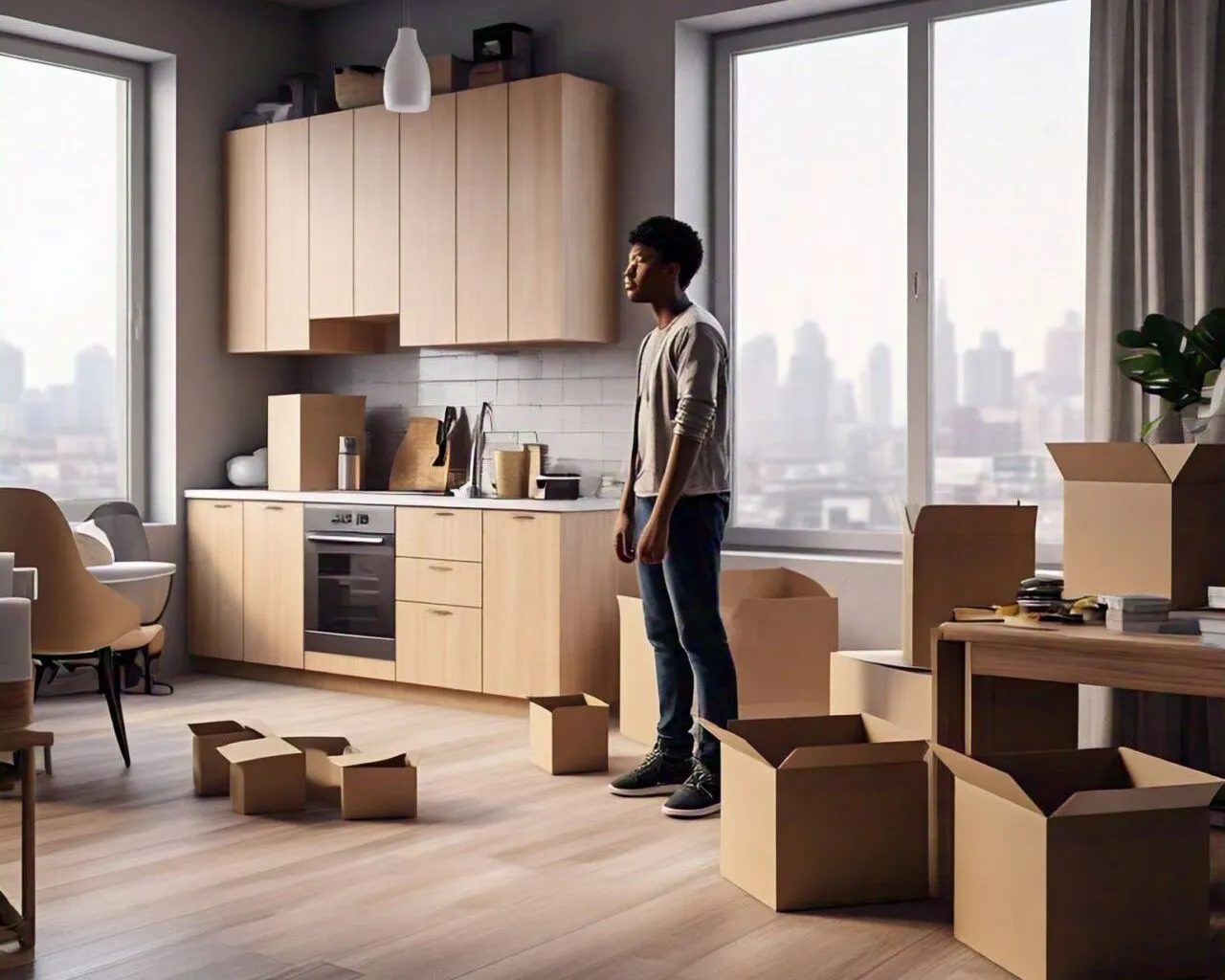Practical Tips for First-Time Renters: What You Need to Know
Key Takeaways
- Renting for the first time can be a daunting yet rewarding experience.
- Understanding lease agreements, budgeting for utilities, and securing renter’s insurance are vital.
- Proactive maintenance and managing relationships with landlords contribute to a positive living experience.
- Stay informed about community safety and essential legal rights as a tenant.
Introduction to Renting for the First Time
Renting a home for the first time is a pivotal life event brimming with excitement and a fair share of challenges. This crucial step towards independence can feel overwhelming due to the many details and responsibilities involved. From deciphering lease agreements to managing finances effectively, the journey demands a steep learning curve. Additionally, securing AARP renters insurance is crucial to shielding your belongings and offering peace of mind against unexpected events. Equipped with the proper knowledge, you can navigate this transition seamlessly, turning it into a rewarding and stress-free experience.
Potential renters can enhance their apartment search by using platforms that offer comprehensive directories and authentic reviews. This method facilitates informed decision-making, ensuring the prospective home aligns with your lifestyle and expectations. With a strategic approach, finding a rental home becomes less daunting and more enjoyable.
Understanding Your Lease Agreement
The lease agreement is not just a standard piece of paperwork but a legal document governing the relationship between you and your landlord. It delineates the responsibilities and rights of both parties. Before signing, it’s imperative to scrutinize the document, ensuring it aligns with your expectations and financial capabilities. Pay particular attention to clauses regarding rent payments, security deposits, lease termination, and repair obligations. These details can have significant implications down the line, especially if disputes should arise. Understanding your lease entirely prevents unwelcome surprises and fosters a harmonious tenancy.
Budgeting for Monthly Expenses
Moving into a new rental isn’t just about covering the monthly rent; it’s about managing various associated costs. In addition to rent, tenants must consider utility bills such as electricity, water, trash disposal, and internet services. Carefully creating a budget to encompass these monthly expenses ensures financial stability. According to Consumer Financial Protection Bureau guidelines, allocating no more than 30% of your monthly income to housing is advisable. This strategy ensures sufficient funds for other vital expenditures and savings goals, maintaining a balanced financial life.
Why Renter’s Insurance is Essential
Many first-time renters underestimate the value of renter’s insurance, which offers crucial protection for personal belongings and liability coverage. While the landlord’s insurance typically covers the building structure, it doesn’t extend to your valuables. Think about the replacement cost for electronics, furniture, and clothing in the case of theft, fire, or natural disasters. Renter’s insurance is a small monthly cost that provides significant peace of mind, covering potential losses in such events. Additionally, it offers liability protection if someone gets injured while visiting your home, safeguarding you from costly legal battles.
Tips for Apartment Hunting
The apartment hunting process can be tedious, but it doesn’t have to be overwhelming with the right approach. Begin with a clear list of your requirements, considering factors like location, amenities, rent budget, and neighborhood safety. Proximity to work or school and access to public transportation can significantly enhance your living experience. Today, numerous online platforms offer user-friendly interfaces and filters to streamline your search, allowing you to focus on properties that genuinely meet your needs. Taking the time to research ensures you select a home that complements your lifestyle.
Essential Maintenance Tips
Maintaining your rental property is critical to ensuring a comfortable living environment and safeguarding your security deposit. Routine tasks such as replacing air filters, checking for leaks, and reporting any damage promptly are fundamental. These efforts prevent the escalation of minor issues into significant problems, saving time and money. Understanding what maintenance tasks are your responsibility versus those of your landlord is crucial. Stipulations are usually outlined in the lease, so reviewing these details upon move-in can clear up misunderstandings about maintenance responsibilities.
Building a Positive Relationship with Your Landlord
Fostering a positive relationship with your landlord can make your renting experience more pleasant and financially rewarding. Effective communication is pivotal; always promptly inform your landlord of issues and adhere to rental regulations outlined in your lease. A respectful and reliable reputation as a tenant may result in leniency in times of need, such as extending your lease or negotiating rent. Addressing disputes calmly and professionally will help maintain an amicable relationship, ensuring a mutually beneficial and stress-free rental period.
Staying Safe in Your New Community
Safety is paramount when settling into a new neighborhood. Get acquainted with local emergency services and community safety initiatives like neighborhood watch programs. Knowing essential emergency contacts and the locations of nearby hospitals adds an extra layer of preparedness. To enhance your security, maintain good habits such as locking windows and doors, especially at night, and being mindful of your surroundings. Engaging with community groups can also help integrate you into the neighborhood, making it easier to stay informed about local safety developments.

